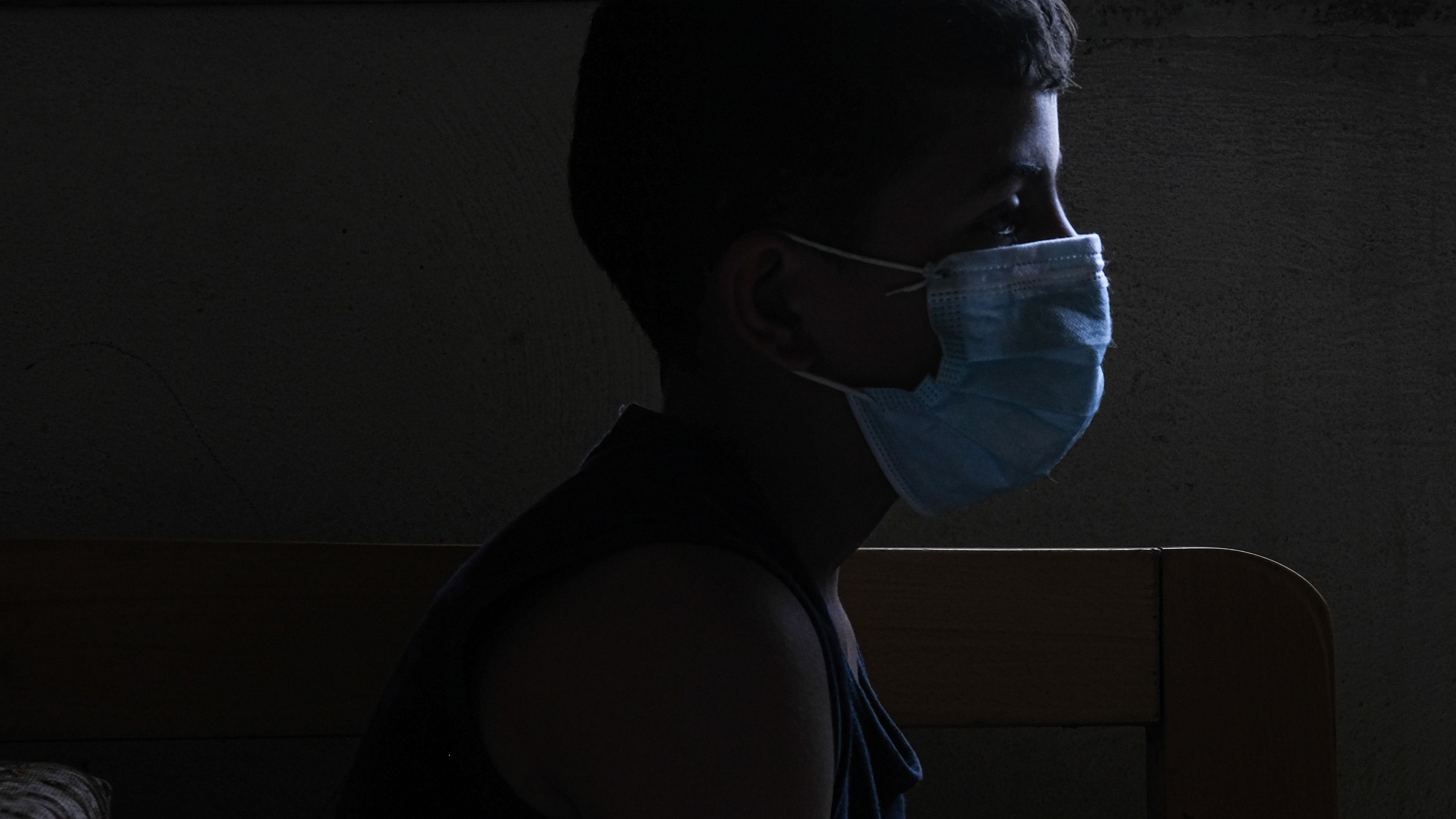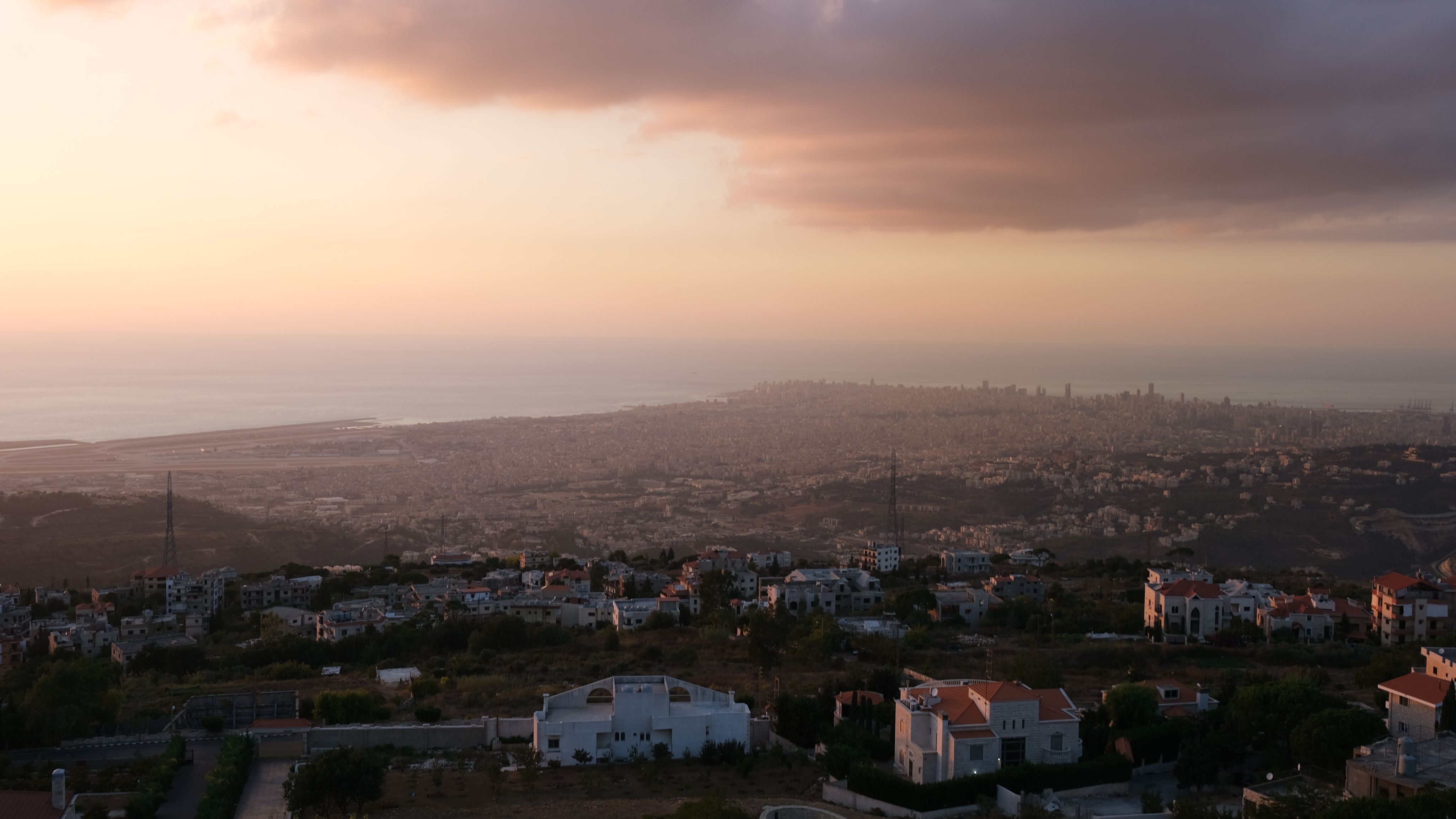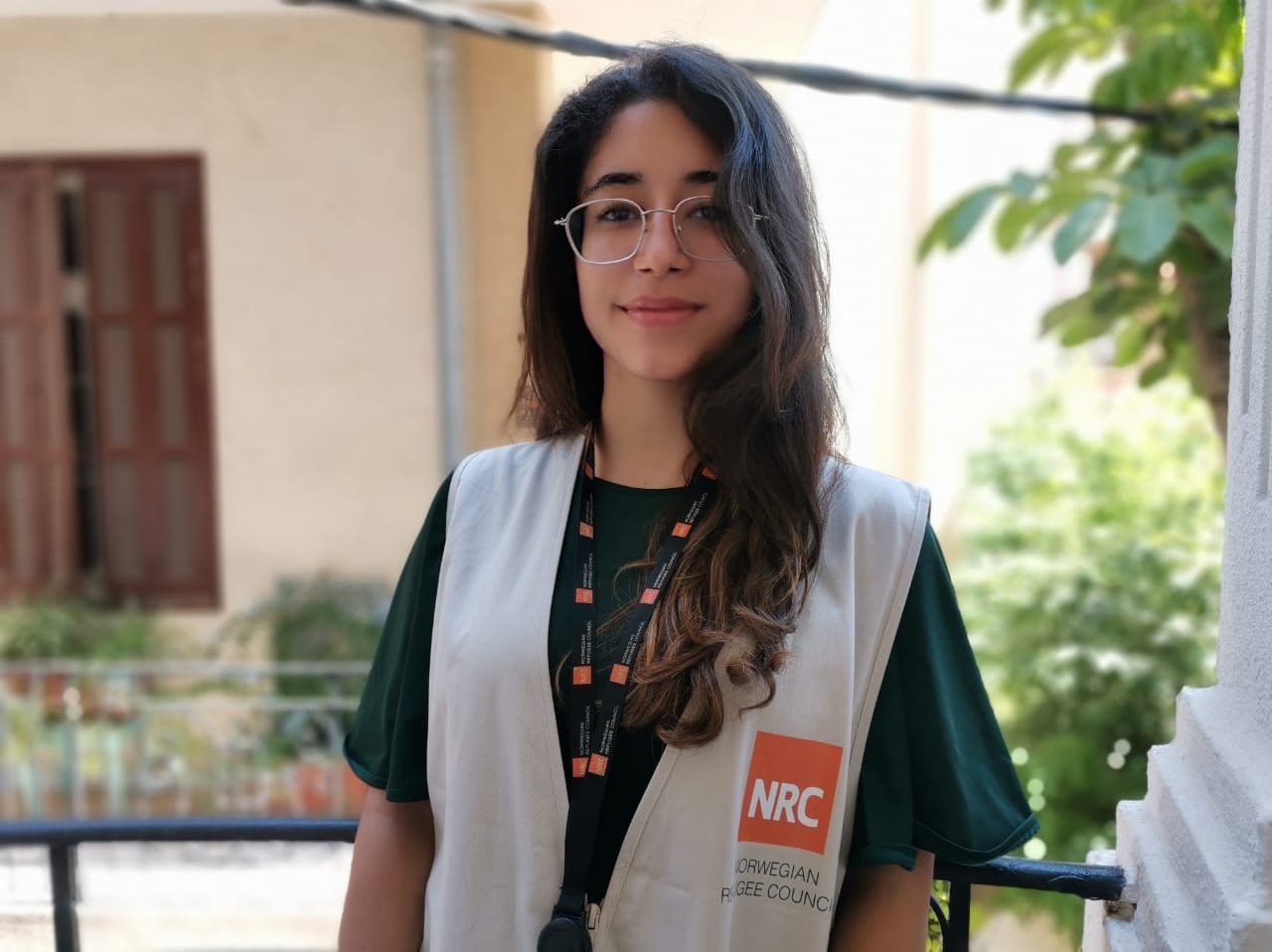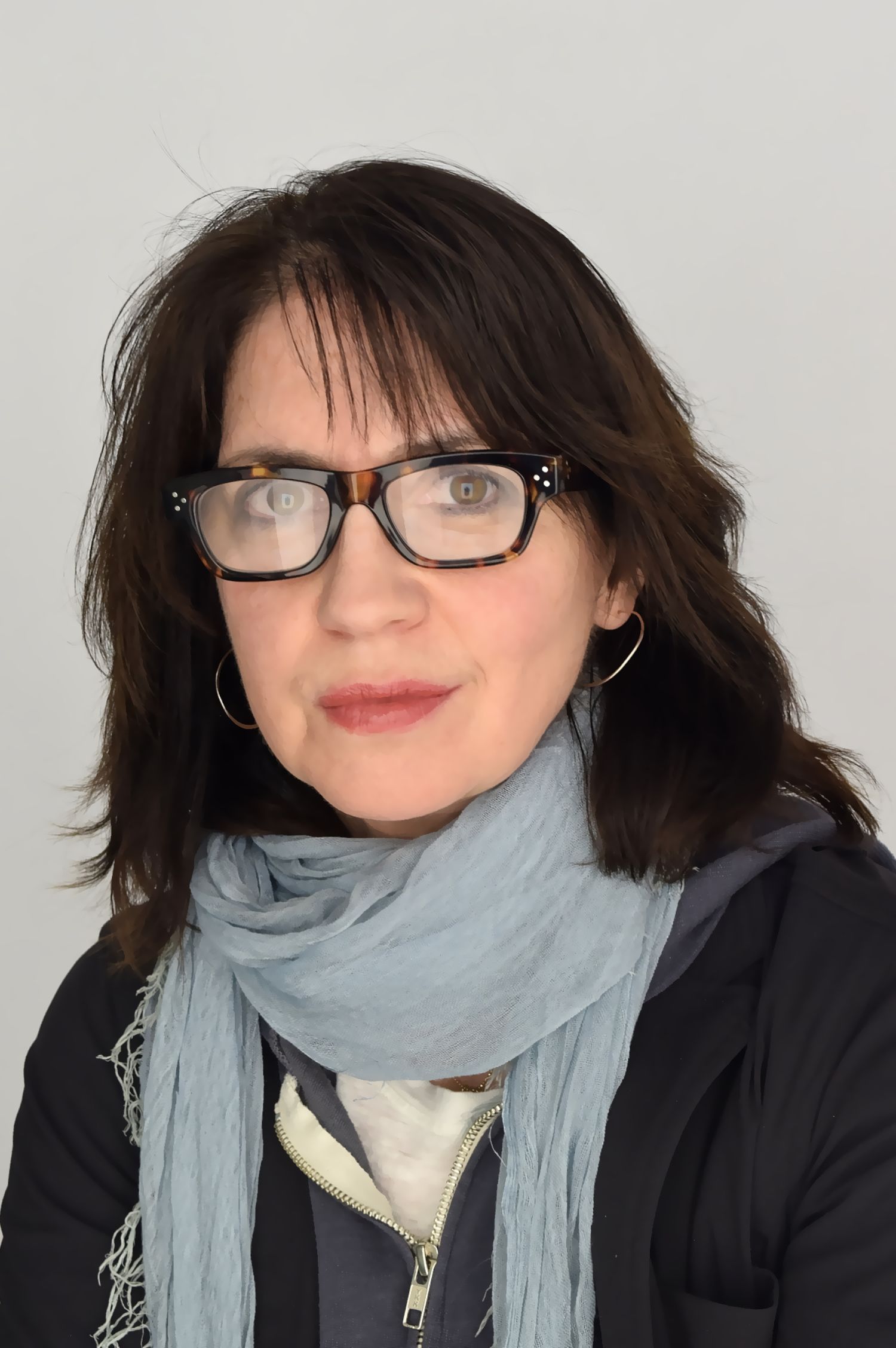Unwanted
Alarming incidents of discrimination and racism in Lebanon threaten the mental health of the country’s vulnerable refugee children.

*The names of children featured in this article have been changed to protect their identities.
Over the last two years, Lebanon has faced one crisis after another. The country’s political and economic collapse has led to an almost complete erosion of normal everyday life. With no end to the crisis in sight, tensions between refugee and host communities have begun to boil over.
Despite the crisis having a detrimental effect on all those living within its borders, recent studies show that Lebanon’s refugee community has been hit particularly hard, with 99 per cent of Syrian families reported to be living in poverty.
Blamed by some for the economic downturn, Syrian and Palestinian refugees are finding themselves in the firing line of violent racist attacks and verbal abuse with some victims as young as eight years old.
“If I see you here again, I will slaughter you” – a sentence eight-year-old Syrian refugee Samia* hears all too often from a local man on her street in Beirut.
“There’s also another man who lives next door and always curses at us, spits on me, and yells at me telling me to go back to my country. What did I do to them?” she says.
No safe place

There seems to be no safe place for many of Lebanon’s refugee children. Unwanted on the streets or in shops, or even at school for those who can attend – and all too often forced into child labour because of their desperate situation, where they also face abuse and discrimination. Before the crisis and school closures due to Covid-19, some refugee children reported experiencing violence and discrimination in the classroom.
Malak*, an eight-year-old Syrian girl who lives in Lebanon’s Bekaa Valley, told us about the abuse and violence that Syrians faced in school at the hands of teachers: “I hated going to school because we got beaten up there. If a student asked to go to the bathroom or if someone forgot a book at home, we knew that we would be hit.”
In a Human Rights Watch report that pre-dates the extended school closures, some teachers in Lebanon reportedly used corporal punishment to control classrooms and exert their authority over children. The report also stated that “Syrian refugee children may be particularly vulnerable to abuse amid a xenophobic political climate”.
Syrian children said that in addition to beatings, school staff insulted their national origin, and in several cases prohibited them from using the bathroom.
As a result of racism and discrimination, some refugee children have dropped out of school entirely.
“I was studying in the morning classes that have a mix of Lebanese and Syrians, but my classmates kept making fun of me and giving me a hard time because I was Syrian,” says 14-year-old Fatima. “All I wanted was to be surrounded by friends, but I ended up telling my mum that I didn’t want to go back.”
"One time I went to throw out the garbage and a man started yelling at me...calling me bad words and asking me why I was in this country."
"When I go to the shop, some of the other children say bad words about me and my father. They ask me why I am Syrian and tell me that they hate us."
A future denied
Despite their longstanding presence in Lebanon, Palestinian refugees do not enjoy the same rights as Lebanese nationals.
They are restricted to working mostly in seasonal agricultural and construction jobs and cannot own property. In the absence of legal frameworks protecting their rights, Palestinians also have limited access to public services such as secondary education for their children.
Sabrine, a mother of four living in the south of the country, has experienced this inequality first-hand while trying to register her Palestinian children in Lebanese public schools.
“I faced difficulties in enrolling my children on time. I was afraid they wouldn’t be able to catch up on their lessons,” she says. The Lebanese Ministry of Education and Higher Education (MEHE) prioritises the enrolment of Lebanese students and only provides leftover places to Palestinians.
Due to the lack of available spaces, schools run by the UN Relief and Works Agency (UNRWA) operate on a double-shift basis. Because access to employment is limited for Palestinians, refugee children often feel it is not worth continuing school since they would not be able to afford higher education or university anyway. And even if they could, Lebanese law prohibits them from working in most professions that require an upper secondary diploma or a university degree.
Palestinian refugee children without the correct documentation are unable to attend secondary schools as they cannot sit the Lebanese state exams to obtain the “Brevet”, the Lebanese intermediate schooling certificate. As a result, many Palestinian children are unable to receive recognition of their educational achievement or complete their schooling.
"I fear for the future of my children. I fear that they might not be able to demand their legal rights or defend themselves."
"My daughter tells me that she wants to be a lawyer when she grows up. I smile but deep inside I know it's illegal for Palestinians in Lebanon to work as lawyers."
Chased out
Even one of NRC’s own education centres, which was set up to help children recover from the trauma caused by the 2020 Beirut explosion, encountered stiff resistance from some locals. The centre, which delivers NRC’s psychosocial support intervention known as the Better Learning Programme (BLP), was forced to move from two neighbourhoods after local residents discovered the centres were providing support to Syrian children.
Reem Alaeddine, one of the social emotional support assistants at the centre said: “I faced a situation where a lady in the building would open the elevator door on her floor to prevent us from using it. This was very difficult to deal with, especially when we had to explain to the students why the elevator wasn’t working.
“We then moved to another building in a different neighbourhood, and it was worse. People started telling us that this neighbourhood was classy and sophisticated and that those children didn’t fit in.”

Reem Alaeddine at one of NRC's Education Centres in Beirut. Photo: NRC
Reem Alaeddine at one of NRC's Education Centres in Beirut. Photo: NRC
Reem adds: “We faced a lot of backlash for working there. Sometimes while a class was in progress, we would hear the neighbours shouting from their balconies or yelling to the landlord to kick us out.
“Although the programme is open to all nationalities, we had many dropouts of Lebanese children after their parents realised that Syrian children were attending the classes as well.”

Dr Kate Porterfield is a psychologist with the Bellevue/New York University (NYU) Programme for Survivors of Torture, and Adjunct Professor in the Department of Psychiatry at the NYU School of Medicine. She has provided clinical care for over 20 years to adults and children who have experienced war and refugee trauma and torture.
“Discrimination of refugee children is now adding another layer of stress and trauma to an already difficult life experience. When we study refugees who have suffered xenophobia or record discriminatory attacks and experiences, we see that those kids show more mental health problems, more depression, and more anxiety.”
Discrimination is a human behaviour, not a Lebanese one
Discrimination can occur in any community when someone “different” appears. Dr Porterfield explains the concept of identifying with an in-group that the person believe protects them, and an out-group that people believe is a threat or inferior to them.
“Humans usually perceive their in-group as behaviourally explainable. Even if they see someone behaving badly or one of their communities does something wrong, they find an excuse for it in their mind,” says Dr Porterfield.
“Versus when they see the out-group doing something they don’t like, they say it’s their attribute; that’s what they do and that’s how bad and violent they are.”
In the case of Noor*, a nine-year-old Syrian refugee who lives in a Palestinian camp in south Lebanon, she is met with discrimination every time she goes outside. As a result, she doesn’t feel that she belongs in the society.
“I don’t play in the streets because the children in the camp call me a tramp,” she says. “They tell me to go back to my country. I then start crying and I go back home.”
People can often turn on each other in times of crisis. Scarcity of resources often leads them to feel they must protect themselves. When people think there’s not enough for themselves or their children, it’s common for them to view another group as a competitor or as the group that is keeping them from those resources.
This can lead to harmful and discriminatory behaviour towards that group. After the Beirut explosion, for example, some Lebanese accused Syrian refugees in certain neighbourhoods of taking humanitarian aid packages that were allegedly meant for Lebanese communities.
According to a recent perception survey on social tensions in Lebanon, relations between the Lebanese host community and Syrian refugees have continued to worsen with the deterioration of the economic situation in Lebanon.
Nearly a third of Lebanese (32.2 per cent) now describe relations with Syrian refugees as “negative” or “very negative”. While “competition over lower-skilled jobs” remains the most-cited tension factor in Lebanese-Syrian relations, compared to social factors, other economic factors like “competition for services and utilities” have become more widespread.
Growing up while being persecuted
Children, as they grow up, start perceiving their surroundings in a different way. They start developing negative feelings and thoughts about themselves and about the world.
“These children are the future. They are the doctors, teachers, artists, scientists, parents and partners. They are the people who will make our future world. We need to try and find ways to reach these communities and build the bridges that we need,” says Dr Porterfield.
Support our work today
For nearly a decade, NRC’s Better Learning Programme (BLP) has been helping children recover from the traumatic events they have experienced during a crisis. But despite the ever-increasing need for mental health and psychosocial support services, funding for these programmes remains low.
You can help us meet the ever-growing mental health needs of displaced children.

